Frequently Asked Questions
If you have any additional questions, send us a message!
Let's bust some common Myths
Can I get a reverse mortgage if I have an existing mortgage?
If your house isn’t paid off, the proceeds you receive from the Reverse Mortgage must first be used to pay off any existing mortgage at funding. This is one of the most common reasons homeowners 62 years and older take out a Reverse Mortgage.
If I take out a reverse mortgage will the lender automatically own my home?
Homeowners retain title and ownership to their homes when taking out a Reverse Mortgage. However, as with other types of mortgages, if the borrower defaults on the loan terms the home may be foreclosed upon. The borrower must continue to live in his/her home as his/her primary residence and maintain the home. The borrower must also pay his/her property taxes and homeowner’s insurance to avoid default.
What are the restrictions on how reverse mortgage proceeds may be used?
There are no restrictions. The cash proceeds from the Reverse Mortgage can be used for virtually any purpose and borrowers should be cautious of lenders attempting to cross sell other products. Many seniors have used a Reverse Mortgage to pay off other debt, help their kids, make ends meet or have a financial reserve in the form of cash rather than equity in their home (since a reverse mortgage cashes out some of the equity in one’s home). Please note a Reverse Mortgage does require a borrower to continue to pay their property taxes and homeowner’s insurance, in addition to maintaining their home.
What if I outlive my life expectancy, will the lender evict me?
Reverse Mortgages have no time limits like a traditional mortgage, 15 or 30 years for example. As long as the borrower maintains their home, continues to live in it as their primary residence, pays property taxes and homeowners insurance, and does not otherwise default on the loan there is no time limit on the loan. Failure to do these things could lead to foreclosure of the loan.
Will a reverse mortgage automatically affect all of my government benefits?
A Reverse Mortgage generally does not affect regular Social Security or Medicare benefits. However, if you are on Medicaid, any Reverse Mortgage proceeds that you receive would count as an asset and could impact Medicaid eligibility. Supplemental Social Security also may be affected. If you have any questions about this issue, I highly recommend that you consult with a federal benefits administration’s office or a financial advisor. Getting educated in advance of getting a Reverse Mortgage as it relates to these issues is critical. However, as long as the borrower or their estate sells the property to pay off the debt, there is no recourse if the HECM loan balance exceeds the home’s value at maturity. Any equity remaining in the property (if any) after the Reverse Mortgage is retired belongs to the borrower or their estate.
Will my children be responsible for the repayment of the loan?
If the borrower or their estate wants to retain the property, the balance must be paid in full.
However, as long as the borrower or their estate sells the property to pay off the debt, there is no recourse if the HECM loan balance exceeds the home’s value at maturity. Any equity remaining in the property (if any) after the Reverse Mortgage is retired belongs to the borrower or their estate.
How do I know if I will qualify for a reverse mortgage based on my limited income?
Traditional forward mortgages have income qualifications and credit scores; whereas the HECM has financial requirements that must be met to ensure adequate resources to maintain the ability to pay property taxes, home owners insurance, and HOA dues, if applicable. The financial assessment may limit some applicants’ ability to qualify, but you don’t know until you try.

